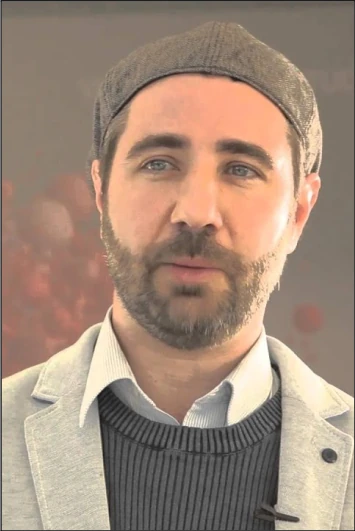We use cookies on this site to enhance your user experience
By clicking the Accept button, you agree to us doing so. More info on our cookie policy
We use cookies on this site to enhance your user experience
By clicking the Accept button, you agree to us doing so. More info on our cookie policy
Mini-Symposia I
Abstract:
Adopting Continuous Integration/Continuous Deployment (CI/CD) methodologies has become essential in modern software development and deployment. This approach has proven beneficial in enhancing the stability, reproducibility, portability, and performance of Computational Fluid Dynamics (CFD) applications. Building on the success of earlier efforts, this symposium seeks to explore cutting-edge advancements and strategies across all stages of the CI/CD pipeline, emphasizing their critical impact on the scientific and engineering aspects of CFD applications.
We invite contributions on the following evolving topics in the CI/CD pipeline for CFD:
Efficient Build Systems for CFD
- Portability Strategies: Ensuring compatibility across different compilers, architectures, CPU/GPU configurations, and programming standards.
Advanced Testing for CFD Simulations
Automated Testing Frameworks: Integration of cutting-edge automated testing methodologies into CI/CD pipelines to enhance simulation accuracy.
Large-Scale Parallel Testing Challenges: Addressing issues with testing large, parallel CFD simulations and ensuring their reliability.
Interdisciplinary Testing Collaboration: Best practices for collaborative testing within multidisciplinary CFD research teams.
Seamless Deployment of CFD Applications
Deployment Strategies for Scalability: Examining deployment approaches that ensure seamless and reliable distribution of CFD applications across diverse computing environments.
Versioning and Adaptability: Solutions for handling version control, deployment consistency, and ensuring application adaptability to new platforms.
Continuous Monitoring and Performance Enhancement
Real-Time Monitoring: Developing methodologies for continuous performance monitoring, identifying bottlenecks, and ensuring the efficient execution of CFD applications.
Code Instrumentation for Optimization: Techniques to integrate performance analysis and identify areas for optimization through intelligent code instrumentation.
General Strategies for Modular CFD Software Design
Modularity and Maintainability: Approaches for creating scalable, modular CFD software that remains maintainable over time.
Case Studies and Success Stories: Showcasing successful case studies that illustrate the effective implementation of CI/CD pipelines in real-world CFD research groups.
This second iteration aims to broaden the scope, further emphasize the importance of collaboration and scalability, and highlight new strategies emerging in CI/CD practices for CFD applications.

Dr. Damien Dosimont obtained a BSc in Electronics (2009) and MSc in Computer Science from Université Pierre et Marie Curie - Paris VI (2011) and holds a Ph.D. in Computer Science from the Université Grenoble-Alpes (2015), done within Inria Rhône-Alpes, in the MOAIS team. He is currently working as a researcher at the Barcelona Supercomputing Center since 2015. His main scientific interests focus on the performance analysis of complex HPC systems through innovative methods based, for instance, on data aggregation and information theory, topics such as I/O optimization, CPU/GPU co-execution, and machine learning. He is currently the main developer and DevOps leader of the multiphysics simulation code Alya.

Since 2005, Dr. Guillaume Houzeaux has led the ”Physical and Numerical Modeling” team at the Barcelona Supercomputing Center in Spain. He is a key architect of the Alya HPC simulation code, which is applied in fields such as aeronautics, combustion, wind energy, and biomedicine. His research is centered on High Performance Computational Mechanics, with a particular focus on high-performance computing with applications in biomedicine. This involves physical modelling, mathematical algorithms, adaptive mesh refinement, code development following a CI/CD methodology and code optimization, all driven by the objective of efficient use of parallel resources.

Dennis Hoppe is head of the Converged Computing department at the High Performance Computing Center Stuttgart (HLRS). He is also the project manager of the AI factory HammerHAI and the technical lead of the Centre of Excellence, HiDALGO 2. He is also coordinating the realization of the EuroHPC CI/CD pilot platform. With more than a decade of experience in high-performance computing, cloud technologies, and AI, his work focuses on integrating novel technologies with HPC, supporting industrial adoption, and contributing to national and European AI and HPC initiatives.